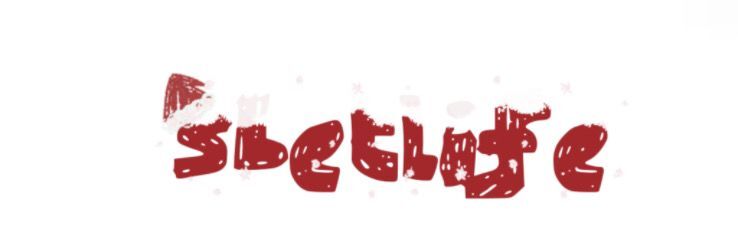4500 mAh Lithium Ion Battery: Who Needs It and Why?
In today's tech-driven world, the demand for reliable and efficient power sources is more crucial than ever. One of the most popular options available is the 4500 mAh lithium-ion battery. As devices become more powerful and features-rich, the need for batteries that can keep pace with their energy demands has skyrocketed. But who truly needs a 4500 mAh lithium-ion battery, and what are the compelling reasons to purchase one?
For more information, please visit 4500 mAh Lithium Ion Battery.
The 4500 mAh lithium-ion battery is primarily sought after for use in portable electronic devices such as smartphones, tablets, and smartwatches. As users increasingly depend on these gadgets for both personal and professional purposes, having a battery that can endure intensive use without requiring frequent recharges is essential. A battery with 4500 mAh capacity can provide extended usage time, ensuring that your device functions without interruption throughout the day, even under heavy load.
Another key sector in need of the 4500 mAh lithium-ion battery is the electric vehicle (EV) market. With the automotive industry's shift towards electrification, there is a growing requirement for efficient battery systems. While larger vehicle batteries typically exceed the 4500 mAh mark, this kind of battery can be used in smaller electric scooters and bikes. These smaller electric vehicles benefit from a lightweight, high-capacity battery, enabling longer travel distances and enhanced performance without excessive weight.
The portable power bank market is also expanding. Many consumers rely on portable battery packs to charge their devices on the go. A power bank equipped with a 4500 mAh lithium-ion battery can recharge a smartphone multiple times before needing a refill itself. This aspect is particularly attractive to travelers, outdoor enthusiasts, and professionals who find themselves in environments where access to electrical outlets is limited.
Moreover, the increasing prevalence of smart home devices contributes to the demand for batteries of this capacity. Smart speakers, security cameras, and various IoT devices often integrate rechargeable lithium-ion batteries. A 4500 mAh battery offers sufficient energy to power these gadgets for extended periods, thereby enhancing user convenience and reducing the frequency of charging cycles.
Goto SINC(ro,bn,pt) to know more.
As the demand for these batteries swells, it is crucial to understand the purchasing landscape. Battery production has faced various challenges, including global supply chain disruptions and material shortages. As a buyer involved in foreign trade for many years, I can attest to the complexities of sourcing high-quality lithium-ion batteries. Factors such as tariff implications, manufacturing standards, and import regulations are paramount in the purchasing process.
Quality assurance is another vital aspect to consider. Suppliers of lithium-ion batteries must adhere to specific safety standards to ensure reliability and performance. A buyer should seek manufacturers who provide certified products and transparent testing results. Checking reviews and ratings from other businesses can also help inform your decisions. This importance cannot be overstated, as low-quality batteries may pose safety risks and affect device performance.
Price is, of course, a consideration when purchasing these batteries. The range of prices can vary significantly based on the manufacturer, specifications, and quality. Competitive pricing is often found through direct sourcing from manufacturers, but the trade-off may involve minimum order quantities. On the contrary, local distributors may offer flexibility with smaller purchases but at a higher price point.
Sustainability has become a crucial consideration in recent times. As environmental concerns rise, many consumers and businesses are making efforts to choose suppliers that prioritize eco-friendly production practices. As a buyer, consider sourcing from manufacturers that produce recyclable batteries or follow environmentally friendly processes to reduce negative impacts on the planet.
In conclusion, the 4500 mAh lithium-ion battery meets the needs of a diverse range of consumers and industries. From powering smartphones to electric vehicles and smart home devices, the applications are vast and varied. As a buyer, navigating the purchasing landscape requires attention to quality, price, supplier reliability, and sustainability. Ultimately, understanding who needs these batteries and the reasons driving demand can help inform purchasing decisions and ensure successful acquisitions.


Comments
0